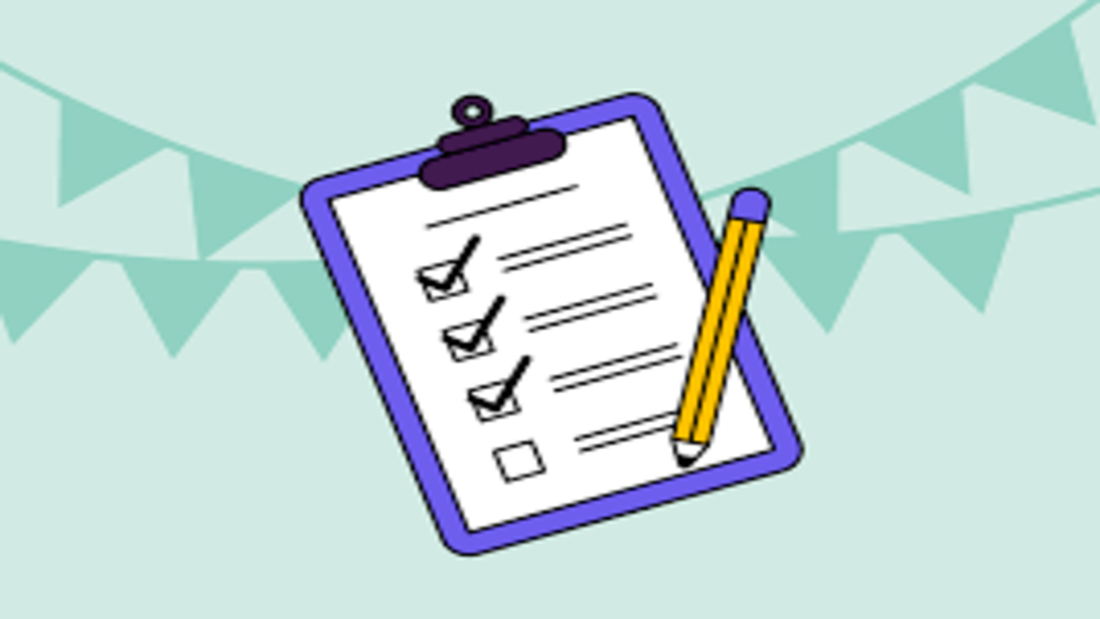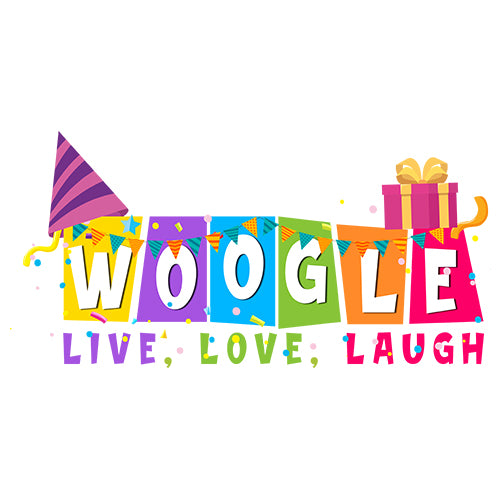
Ultimate Event Planning Checklist
Share
Planning an event can be a complex task, but having a comprehensive checklist can help you stay organized and ensure nothing is overlooked. Here's an ultimate event planning checklist to guide you through the process:
- Define the Event:
- Determine the purpose, theme, and goals of the event.
- Identify the target audience and estimated number of attendees.
- Establish a budget for the event.
- Create a Timeline:
- Set a date and time for the event.
- Determine the duration of the event.
- Develop a detailed timeline with key milestones and deadlines.
- Venue Selection and Logistics:
- Research and visit potential venues.
- Check availability and book the venue.
- Consider factors like capacity, location, parking, accessibility, and audiovisual equipment.
- Arrange for necessary permits and licenses.
- Event Design and Decor:
- Decide on the event layout and seating arrangement.
- Plan the overall design, theme, and decorations.
- Arrange for furniture, lighting, signage, and stage setup.
- Catering and Refreshments:
- Determine the type of catering (buffet, plated, or food stations).
- Choose a reliable catering service provider.
- Plan the menu, including options for dietary restrictions.
- Organize refreshments like water, coffee, and snacks.
- Audiovisual and Technology:
- Assess the audiovisual requirements (sound systems, projectors, screens, microphones).
- Arrange for a reliable AV provider.
- Test all equipment before the event.
- Set up a dedicated tech support team.
- Guest Registration and Ticketing:
- Decide on the registration process (online, on-site, or both).
- Choose a registration platform and set it up.
- Create and distribute event tickets or badges.
- Collect and manage attendee information.
- Marketing and Promotion:
- Develop a marketing strategy for the event.
- Create a promotional plan and timeline.
- Utilize various channels like social media, email marketing, and website promotion.
- Design marketing materials such as flyers, banners, and digital ads.
- Speaker or Performer Coordination:
- Identify and invite keynote speakers or performers.
- Confirm their availability and requirements.
- Arrange travel, accommodation, and hospitality, if necessary.
- Coordinate their presentations or performances.
- Event Staff and Volunteers:
- Determine the staffing needs for the event.
- Recruit and train event staff and volunteers.
- Assign roles and responsibilities.
- Ensure clear communication channels and provide necessary information.
- Event Program and Agenda:
- Create a detailed event program or agenda.
- Include keynote speeches, sessions, breaks, and entertainment.
- Share the agenda with attendees and participants in advance.
- Event Security and Safety:
- Assess security and safety requirements.
- Coordinate with venue security or hire professional security services if needed.
- Develop an emergency plan and share it with staff and participants.
- Sponsorship and Partnerships:
- Identify potential sponsors or partners.
- Create sponsorship packages and proposals.
- Reach out to potential sponsors and negotiate agreements.
- Coordinate sponsor benefits and recognition during the event.
- Event Evaluation:
- Determine key performance indicators (KPIs) for the event.
- Collect feedback from attendees, participants, and stakeholders.
- Analyze the event's success based on KPIs and feedback.
- Use insights to improve future events.
- Post-Event Follow-Up:
- Send thank-you emails or notes to attendees, sponsors, and partners.
- Share event highlights on social media and through press releases.
- Finalize financial settlements with vendors and suppliers.
- Conduct a debrief session with the planning team to discuss lessons learned.
Remember to customize this checklist based on the specific requirements and nature of your event.
